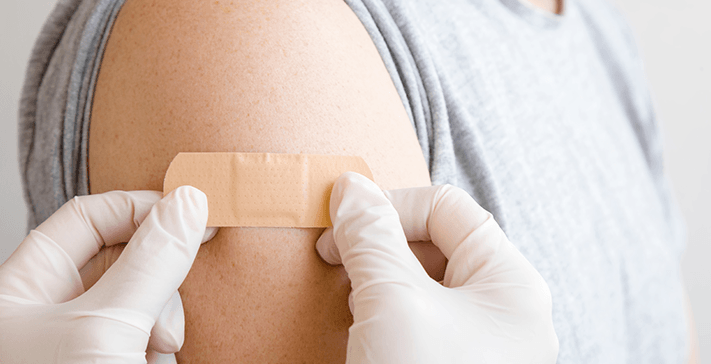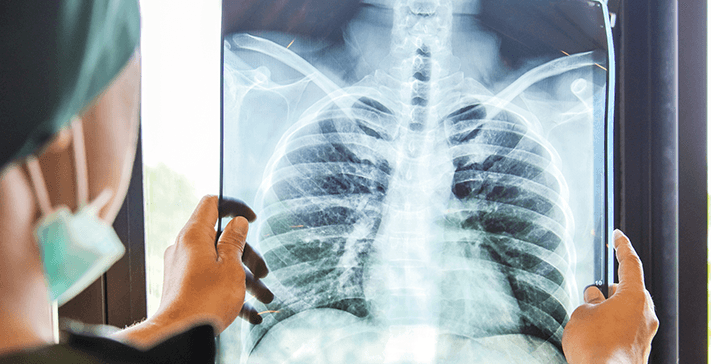What Is Frozen Shoulder Surgery?
Frozen shoulder, or adhesive capsulitis, is a condition characterized by pain and stiffness in the shoulder joint, leading to limited mobility. In cases where conservative treatments fail, frozen shoulder surgery is recommended to restore movement and alleviate discomfort.
The primary surgical procedures include manipulation under anesthesia (MUA) and arthroscopic capsular release, both aimed at breaking up adhesions and improving shoulder function.
Benefits of Frozen Shoulder Surgery
Restores Shoulder Mobility: Surgery helps regain full or near-full range of motion, allowing for normal shoulder function
Reduces Pain: The removal of scar tissue and adhesions alleviates chronic discomfort and stiffness
Enhances Quality of Life: Patients can return to daily activities, sports, and work without significant limitations
Shorter Recovery Time (Compared to Prolonged Non-Surgical Treatment): In cases where conservative treatment has been ineffective for months, surgery can speed up recovery
Minimally Invasive Options Available: Arthroscopic surgery involves small incisions, reducing the risk of complications and shortening recovery time








